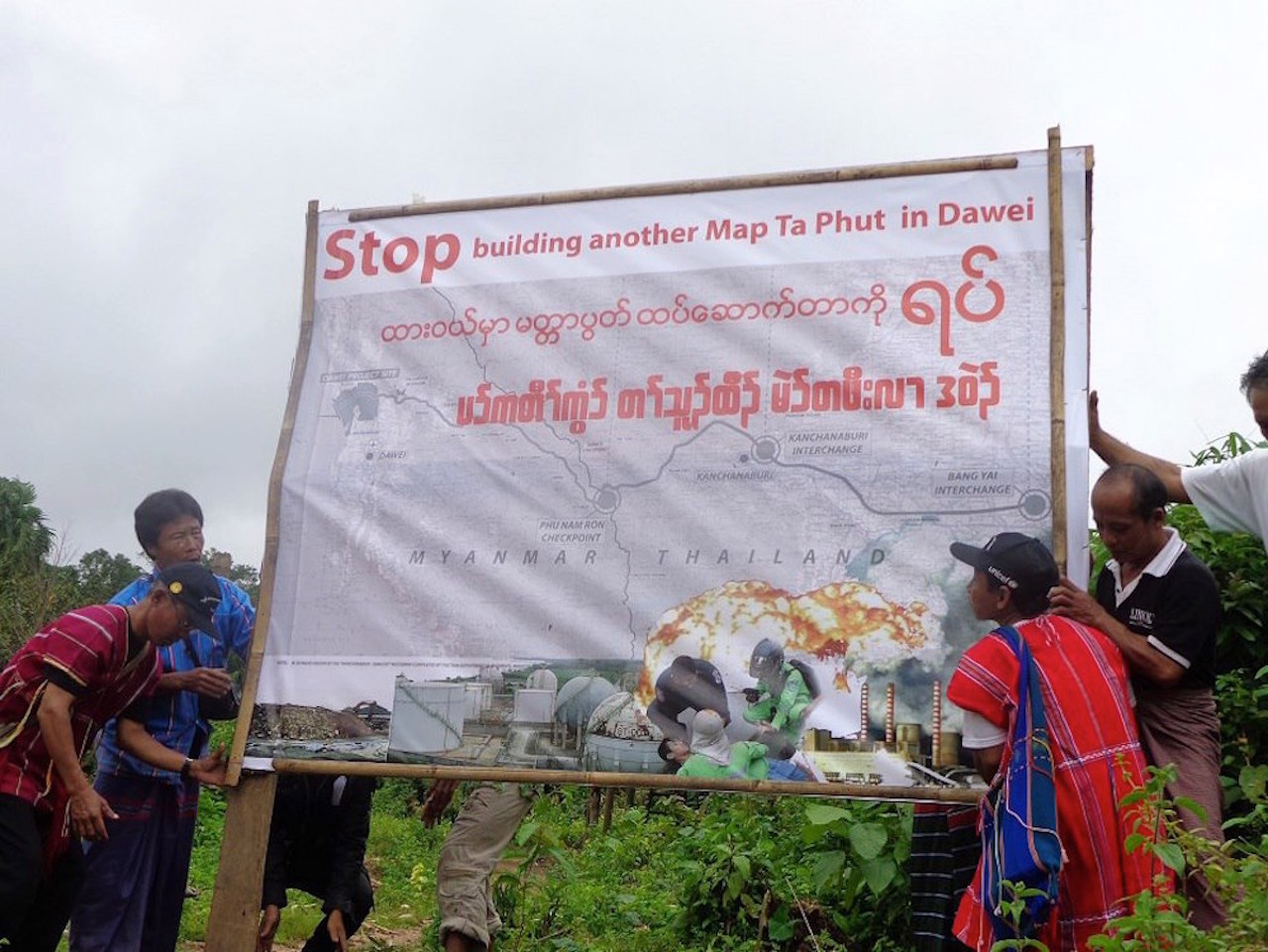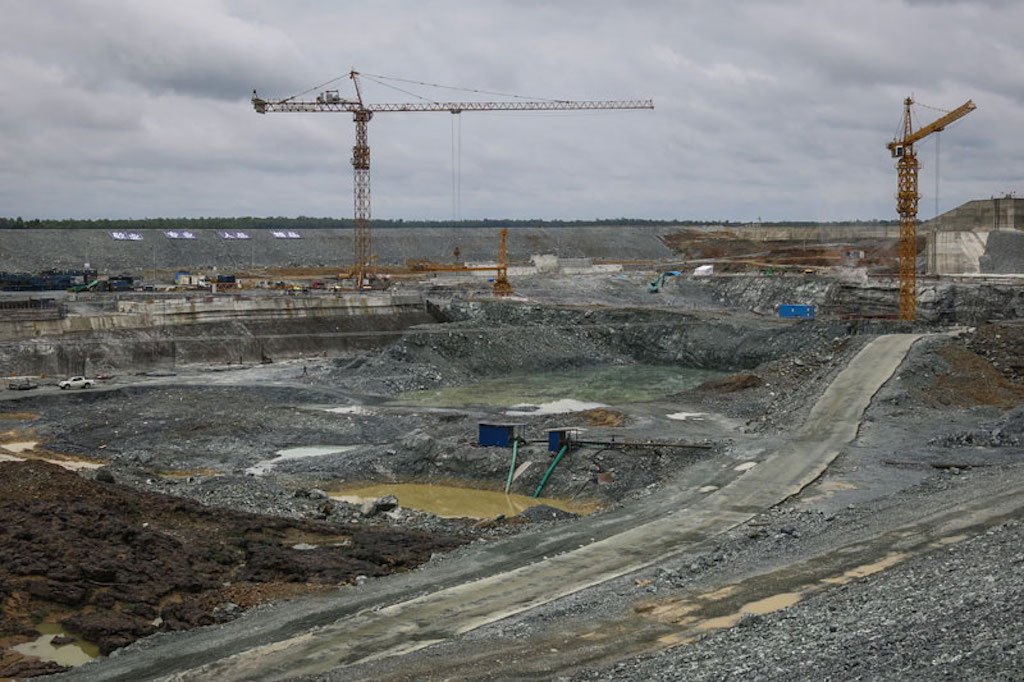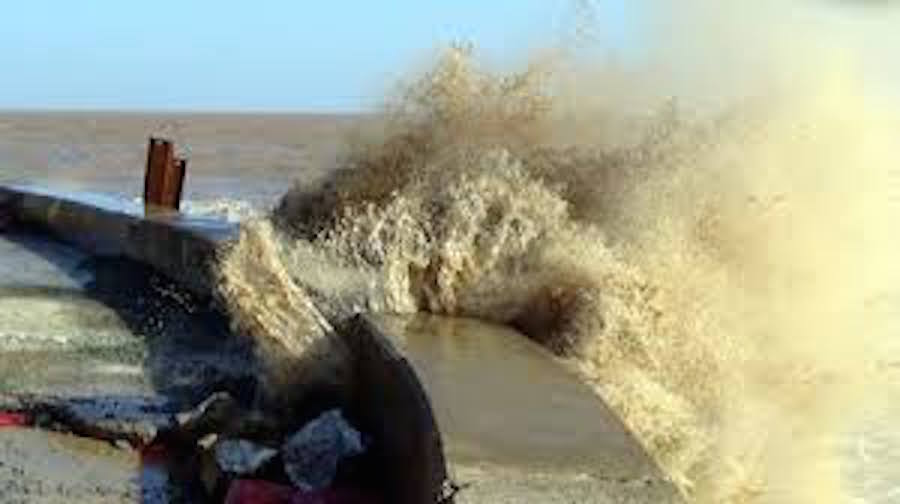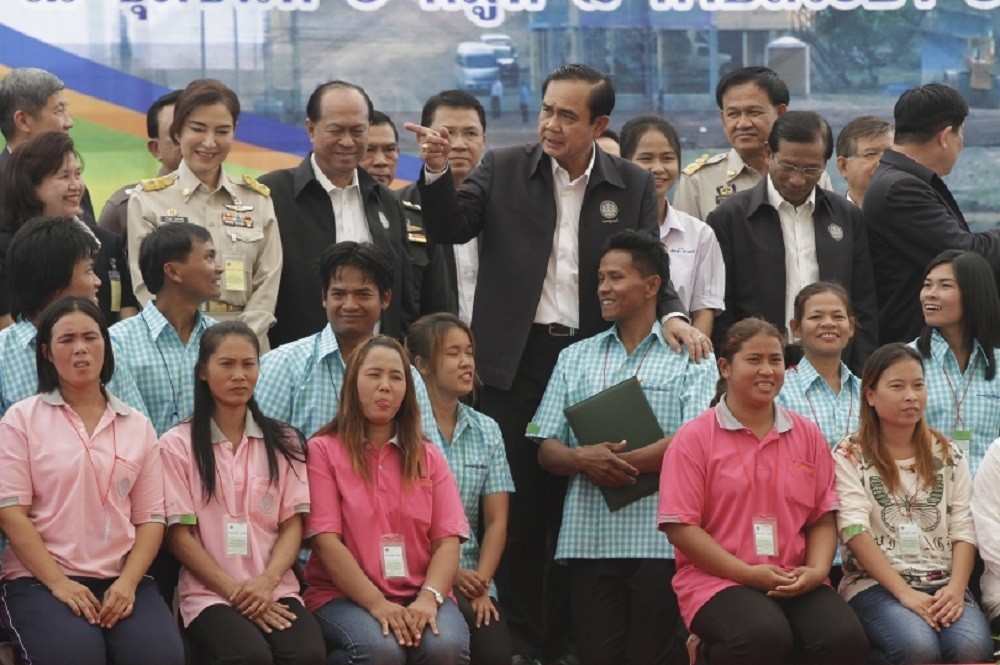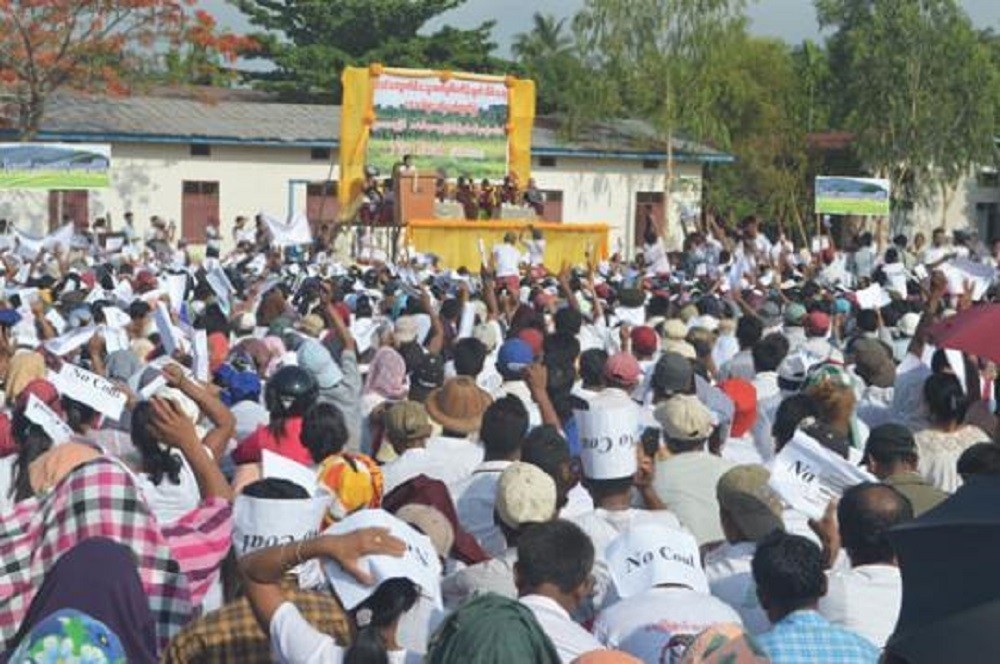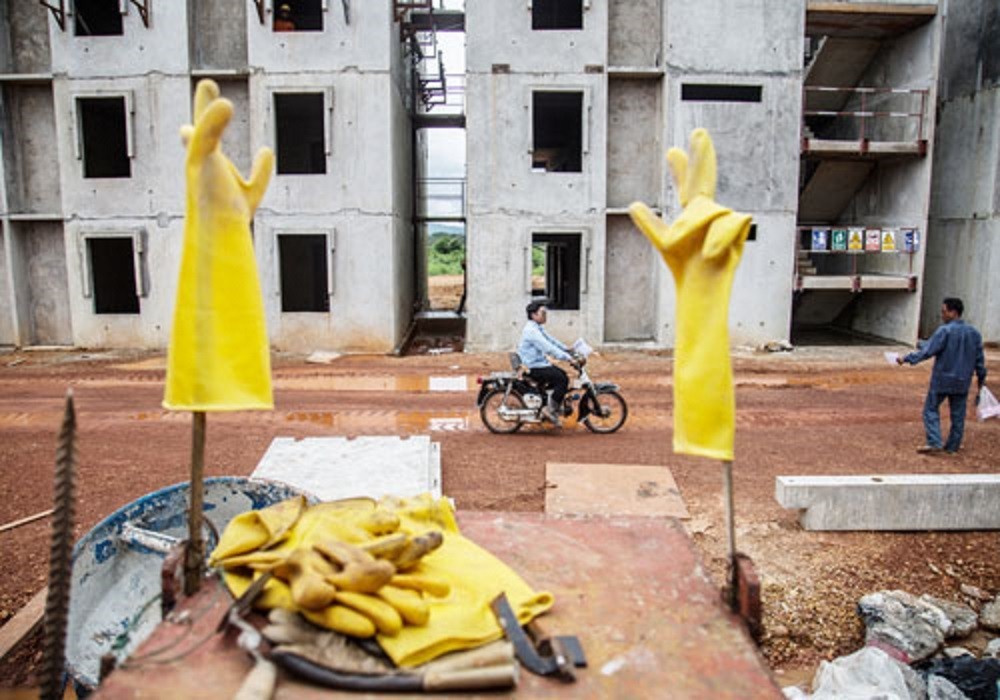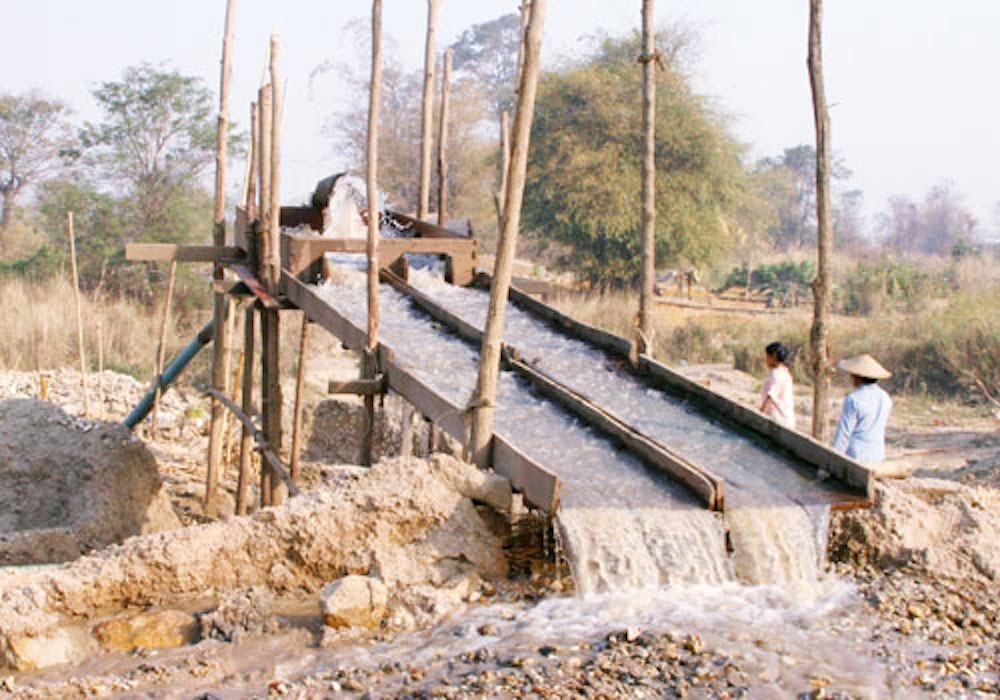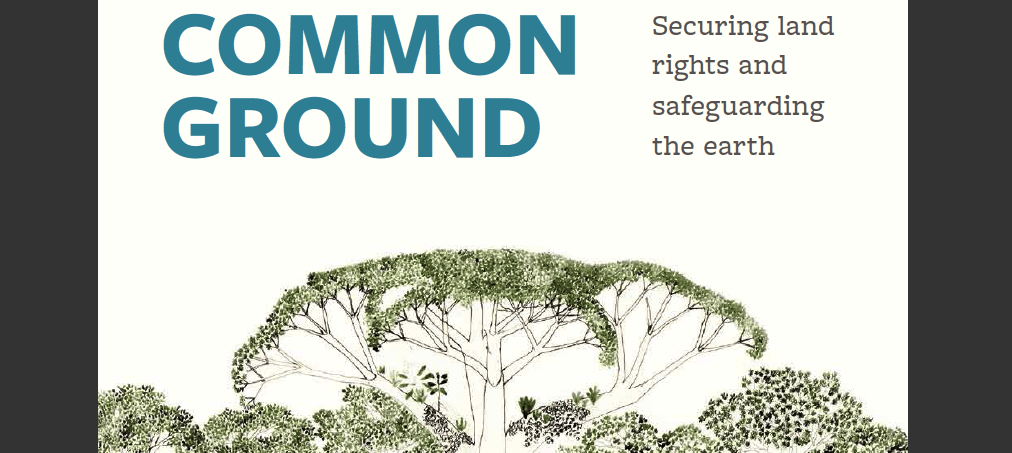Last December, young community leaders from the Mekong states and a delegation from the Bertha Foundation network were invited by EarthRights International on a 4-day field trip in northern Thailand. We were hosted by villagers who have for decades peacefully resisted the construction of a dam that would have them expelled from their ancestral land.
Category: Region
Selected environmental stories from media outlets in the Mekong region and beyond.
Civil society steps up Dawei SEZ campaign
A civil society group has published a comprehensive report on mistakes made by the developers of a highly ambitious project in Dawei in the hope the new government will address their concerns before allowing the project to continue.
The report urges the project’s Thai and Japanese investors to resolve problems affecting local communities before they continue building the special economic zone and deep-sea port in Tanintharyi Region.
Published on March 7 it outlines a range of issues dating back to the zone’s inception in 2008. The recurrent theme is a lack of transparency, dialogue or compensation based on the developers’ lack of respect for local communities and its reluctance to engage.
More Families Take Deals to Vacate Dam Site
Another 73 families in Stung Treng province have accepted the government’s offer of new land in exchange for the farms they will lose to the Lower Sesan II hydropower dam currently under construction, the second group to take the deal.
Seventy families accepted the land swap in May to make way for the 400-megawatt dam being built in a joint venture between the Royal Group and China’s Hydrolancang International Energy across the Sesan and Srepok rivers, both tributaries of the Mekong.
Sea dykes collapse in Mekong provinces
Several sea dyke sections in the Cuu Long (Mekong) Delta provinces of Bac Lieu and Soc Trang have collapsed because of high tides and strong waves.
In Bac Lieu Province, water broke through several sections of Ganh Hao Sea Dyke in Dong Hai District early last month, causing sea water to flow into residential areas.
Nguyen Van Be, who has lived near the dyke for 40 years, said he had never seen such strong waves.
PM urged to give nod to Mae Wong Dam
Thailand Prime Minister urged to reconsider building the Mae Wong Dam — and lease land to local people to dig reservoirs to fight the serious drought. It is estimated that water in Ubonrat Dam in Khon Kaen province will last for only another 40 days, The irrigation chief says dam would help thousands.
World Bank refuses to fund coal power
The World Bank Group (WBG) says it will not give any financial assistance to coal-fired power plant projects in spite of Myanmar’s increasing need for electricity. The WBG understood the country was in need of electricity but the WBG had no desire to give any financial aid to coal-fuel power stations.
NLD to scrutinise special economic zones
As speculation mounts over whether the new government will back Myanmar’s divisive special economic zones, a National League for Democracy spokesperson says in theory such projects are good for the economy and will continue to receive support. However, the party will need to scrutinise details before deciding whether or not individual projects have a future.
Emergence of a “Green Generation” in Dawei Special Economic Zone
On a chilly January morning, wearing just a t-shirt and a pair of jeans, 19-year-old Naing Naing Win rode his family’s old Honda 125cc motorbike along a dusty, sandy road. His destination was Mayin Gyi village, about half an hour from his village of Thit Toe Tauk, Tanintharyi Region, Myanmar. As a youth living near a planned massive industrial zone, he knew that the days of riding his old bike along dusty, undeveloped roads might be limited.
Naing Naing Win is a second year student from Dawei University majoring in English. Like other youths in the area, he has both worries and hopes about what the Dawei Special Economic Zone (DSEZ) will bring to his community. But he’s eager to be part of the process. He made that chilly morning motorcycle ride to attend a Community Research Training in Mayin Gyi, which he saw as a potential step toward engaging the company and government to make sure the project benefits local communities.
Shan civil society groups call for gold mining suspension
The Shan State Farmers’ Network (SSFN) will ask the incoming National League for Democracy government to suspend companies’ gold mining operations?strong in eastern Shan State, which the organisation says have polluted local villagers’ water resources.
A decade of mining in the Loi Kham hills has left around 300 acres of fields unusable, according to a joint press release from the SSFN and the Shan Human Rights Foundation (SHRF) published on March 3.
The two groups said they “urge the incoming NLD government to implement federal reform to end Nay Pyi Taw’s unilateral power to grant mining concessions in ethnic areas”.
Common Ground: Securing land rights and safeguarding the earth
Up to 2.5 billion people depend on indigenous and community lands, which make up over 50 percent of the land on the planet; they legally own just one-fifth. The remaining five billion hectares remain unprotected and vulnerable to land grabs from more powerful entities like governments and corporations. There is growing evidence of the vital role played by full legal ownership of land by indigenous peoples and local communities in preserving cultural diversity and in combating poverty and hunger, political instability and climate change. The importance of protecting and expanding indigenous and community ownership of land has been a key element in the negotiations of the Sustainable Development Goals and the Paris Agreement on climate change, and is central to their successful implementation. This report launches a Global Call to Action on Indigenous and Community Land Rights, backed by more than 300 organizations all over the world. It is a manifesto of solidarity with the ongoing struggles of indigenous peoples and local communities seeking to secure their land rights once and for all.


